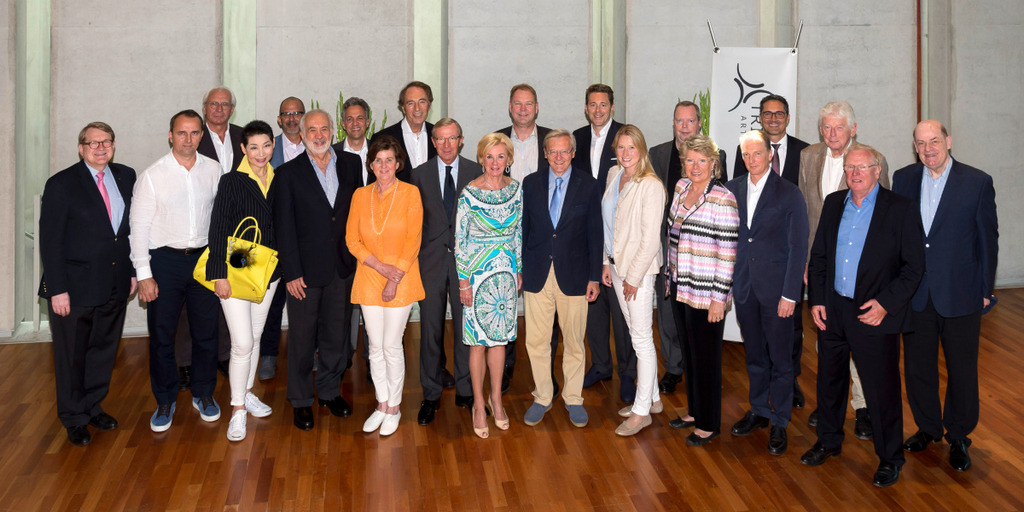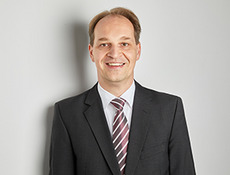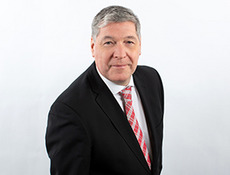
Jürgen Dannenberg
The quality of leaders will determine the future viability of business and government
International terrorism, the threat of a Grexit and the growing number of refugees are just some of the challenges that policymakers, the business community and civil society face worldwide. At the Bertelsmann Stiftung's 14th Trilogue Salzburg it was discussed what kinds of leaders will be needed to face these challenges.
23 decision makers from the political, business and cultural spheres came together at the Bertelsmann Stiftung's 14th Trilogue Salzburg on August 6 and 7. Held in Salzburg, Austria, the event was organized by Liz Mohn, vice-chairwoman of the Bertelsmann Stiftung Executive Board, and Wolfgang Schüssel, former chancellor of Austria.
The public often has a negative opinion of how leaders perform, especially in the political sphere. Examples include the difficult negotiations for resolving the Greek debt crisis and dealing with refugees, or how long it takes to reach decisions on the appropriate measures for combating terrorism. Business leaders also do not receive the best marks these days, something which was evident during the financial crisis and which can still be seen in the transformation companies are undergoing in our global, digital age. It therefore comes as no surprise that more than 80 percent of the worldwide respondents to the Survey on the Global Agenda 2014 feel that the world is currently undergoing a leadership crisis. This, in turn, has led to a loss of trust in politicians and other government and institutional leaders.
First and foremost, Trilogue Salzburg participants discussed which leadership structures are required, what types of leaders the world will need, what kind of expertise those leaders must have and how leaders can deal with a highly complex world. They also developed policy strategies that were then communicated to Europe's decision makers.
In the sidebar to the right please find the Recommendations of the Trilogue Salzburg 2015. There you can also find a background paper, prepared for the 2015 Trilogue Salzburg, and individual analyses.




